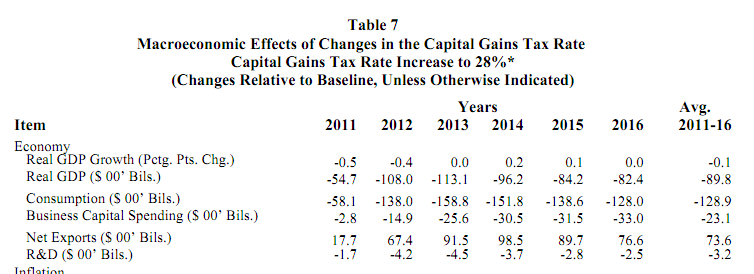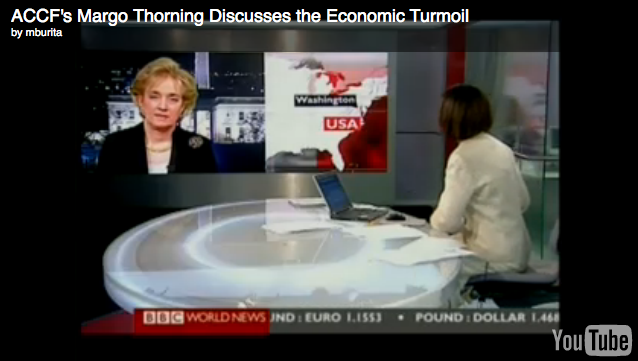Buffett Also Wrong on Electric Vehicles
The slow market for plug-in electric vehicles has reached global proportions…literally. An article in today’s Financial Times highlights the struggles that electric vehicles are seeing in China: Whatever the outcome of the debate, industry analysts say Beijing has been disappointed by slow progress toward developing a domestic electric vehicle industry. China’s highest profile electric vehicle maker, BYD – which is backed by Warren Buffett – has repeatedly delayed plans to commercialise and export its electric vehicles. Government subsidies of up to Rmb60,000 ($9,370) for pure electric vehicles and Rmb50,000 for plug-in hybrids are already available in five Chinese cities on a trial basis, but very few buyers have taken them up. There’s little surprise here when you consider the many deficiencies of the heavily subsidized plug-in electric vehicle market in the U.S. You can read my recent Wall Street Journal op-ed on it here.











